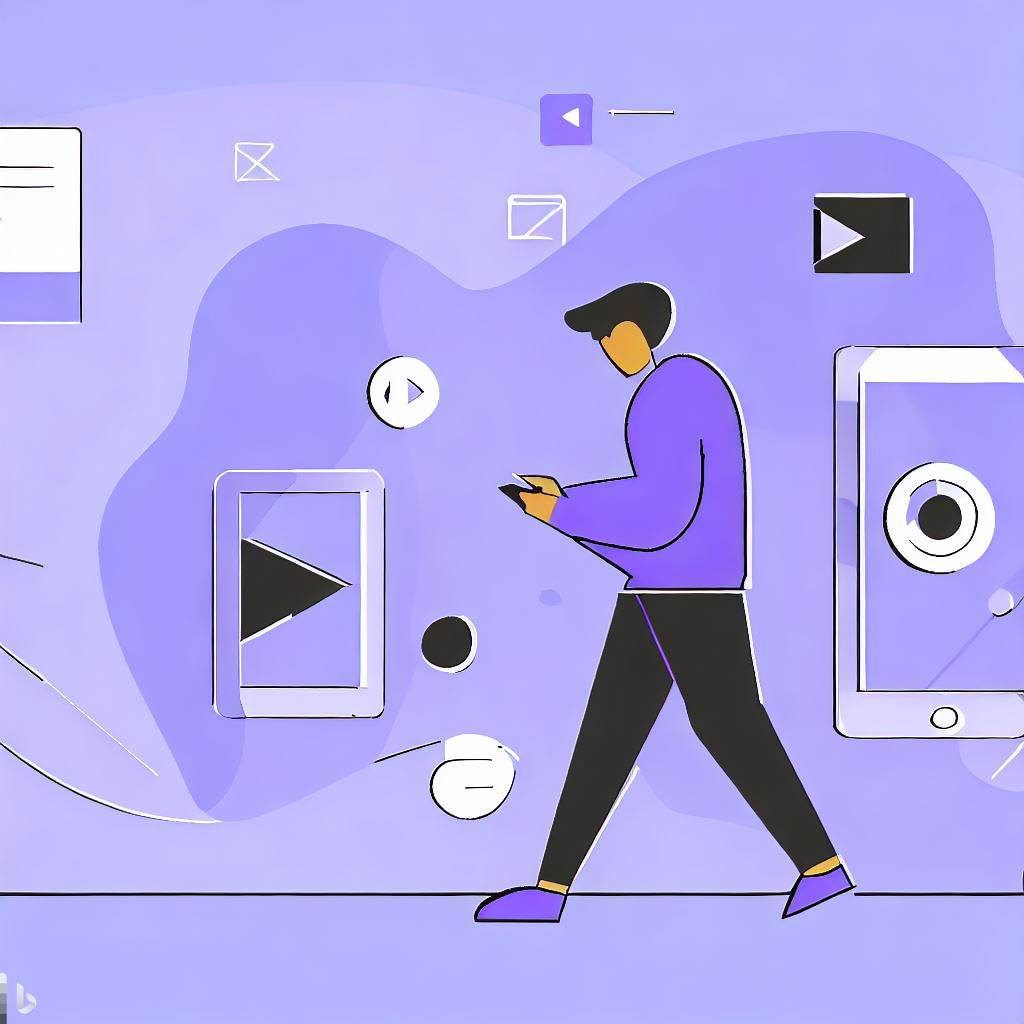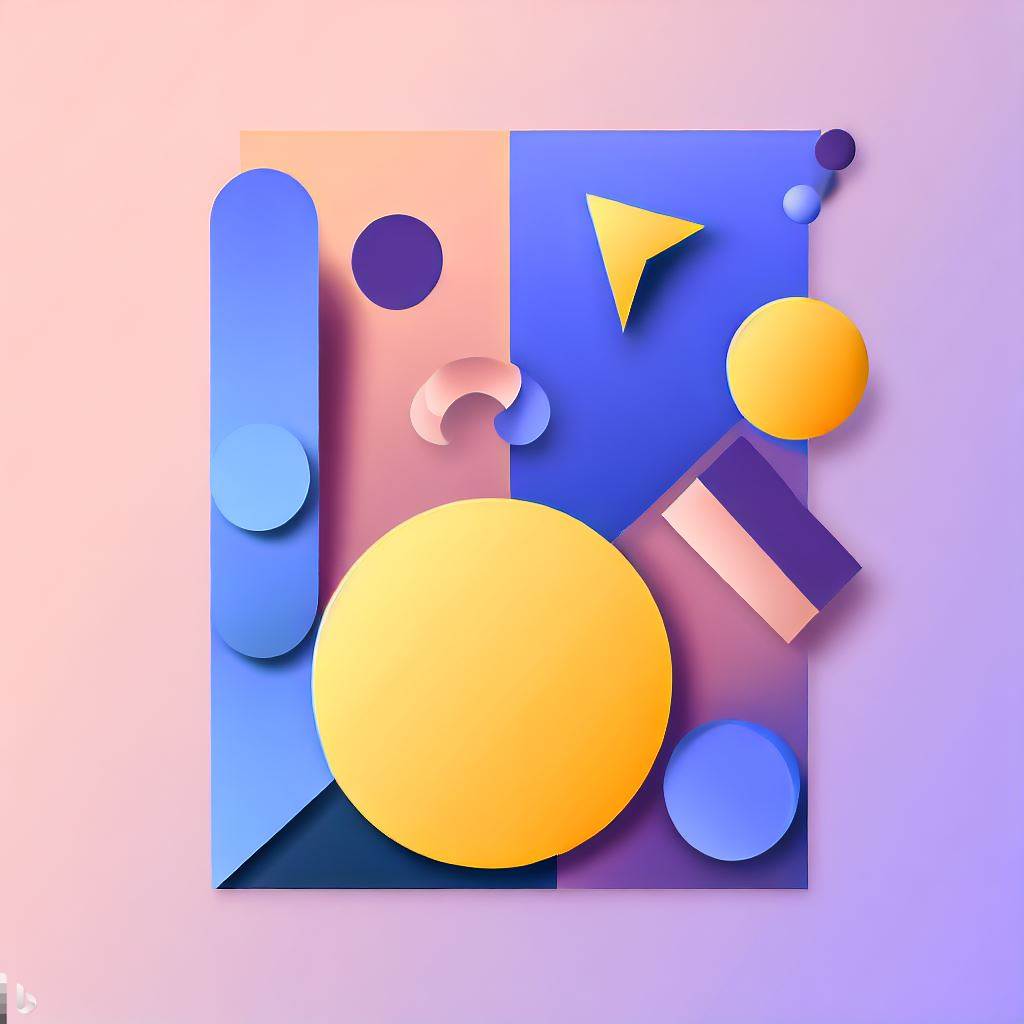The world's most popular mobile operating system, with the ubiquitous presence of mobile phones has unlocked a world of endless possibilities. This powerful combination has revolutionized the way we communicate, access information, and interact with the world around us. Let's explore how the fusion of Android and mobile phones has unraveled their true potential.
Harnessing Cutting-Edge Hardware
Mobile phones powered by Android harness the cutting-edge hardware embedded within them. From high-resolution cameras to GPS sensors, accelerometers, and more, Android devices integrate these features seamlessly into applications. This convergence allows users to capture stunning photos and videos, navigate with precision, monitor fitness activities, and engage in immersive augmented reality experiences.
Expanding Connectivity Horizons
Android devices leverage various connectivity options to broaden the horizons of mobile experiences. Wi-Fi, cellular networks, Bluetooth, and NFC facilitate seamless communication and data exchange. Users can stream media, engage in real-time messaging, connect with IoT devices, make mobile payments, and explore a myriad of opportunities for seamless digital interactions.
Adaptability and Portability
Adaptability and portability of Android across a wide range of mobile devices have opened doors to innovation and creativity. From smartphones to tablets, smartwatches, smart TVs, and automotive systems, Android provides a unified platform that scales effortlessly to different form factors. This flexibility empowers developers to create versatile applications that reach a diverse user base, delivering seamless experiences regardless of the device.
Personalization to Suit Individual Tastes
Android recognizes the importance of personalization, empowering users to make their mobile devices an extension of their personalities. With customizable home screens, wallpapers, app icons, and widgets, users can tailor their Android experience to reflect their preferences. Moreover, system settings, notification preferences, and accessibility features can be fine-tuned, making Android devices truly personal and user-centric.
Multitasking Made Easy
The Android ecosystem enables multitasking capabilities, allowing users to juggle multiple applications simultaneously. With effortless app switching, background task handling, and unobtrusive notifications, Android ensures a seamless and uninterrupted user experience. Users can effortlessly toggle between apps, access information on-the-go, and stay productive while staying connected to the world around them.
Touch and Gesture Interaction
The touchscreen interfaces of Android devices have transformed how we engage with technology. Android empowers users to effortlessly interact through intuitive touch and gesture controls. Swipes, pinches, taps, and other gestures enable smooth navigation, interactive gameplay, and immersive user experiences. This direct and natural interaction has brought a new level of engagement to the world of mobile computing.


